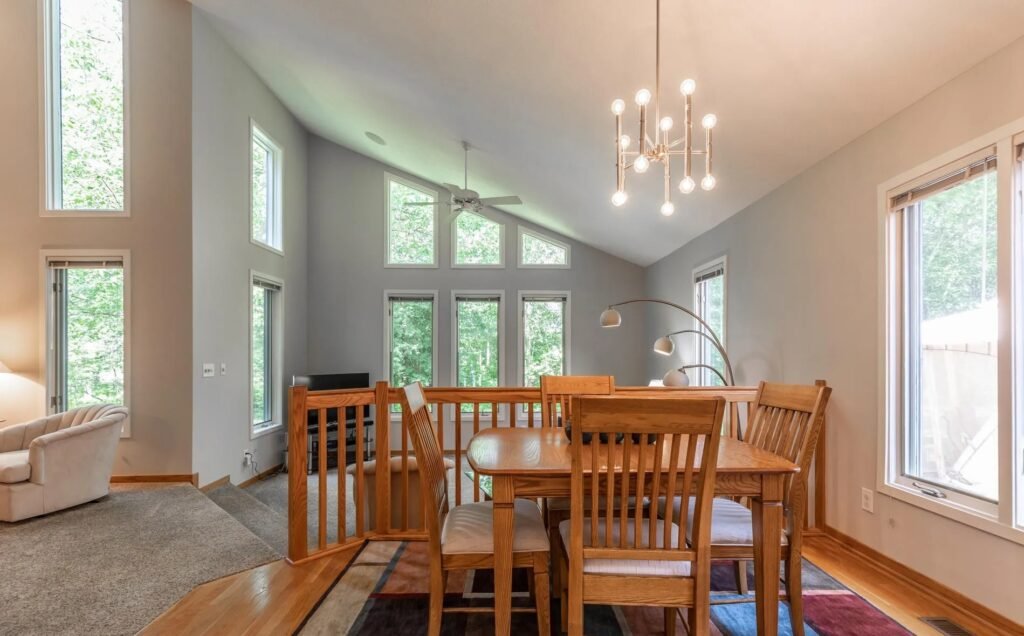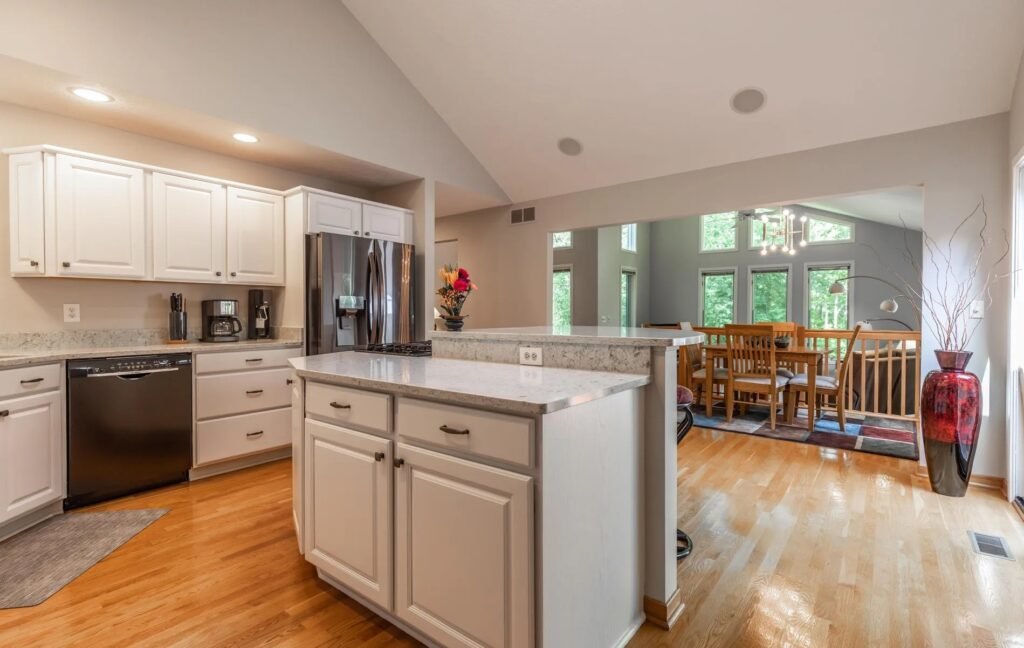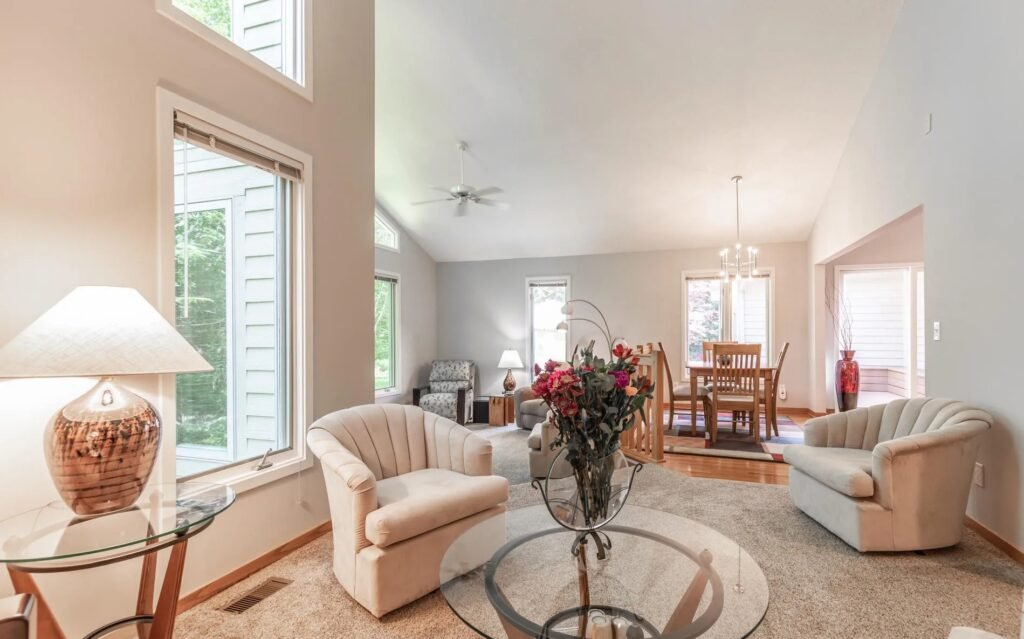These Estimates Are Too Damn High
Residential Remodeling Tips, How To

Why are the estimates I’m getting for my project so expensive? Why are the estimates I’ve gotten so different in pricing? Why do contractors charge so much? Why do I need to get three estimates? Am I missing something?
These are all really important questions, and with a little bit of information, it may be easier to understand what you are looking at when viewing your estimate.



What determines estimate prices?
Did you know that at the height of the pandemic, material prices for things like basic lumber pieces octupled? That’s right, they went up in price by 8 TIMES as much as normal. Material prices are a BIG factor when determining how much your project will cost. The type of materials also determine project costs. For example, doors, flooring, cabinets, and much more have different prices for what you will be using. The prices vary on these by so much that it can be beneficial to work with a designer to determine what works well within your budget.
Labor rates are the other half of your project’s costs. Labor rates vary depending on your contractor. If you have an experienced and well-referred contractor, they probably have overhead on their jobs. Overhead can account for things like insurance, employee wages and benefits, bookkeeping, and other various costs than can often be overlooked when thinking about what goes into projects.
Labor can also be based on what your contractor is paying their employees. If your contractor is using employees, then they typically pay them an hourly rate. If your contractor is using subcontractors to do the work, they charge whatever the subcontractor charges, plus an additional fee so they still make a profit. This is a normal practice and the additional fee is typical because the subcontractors are working under the general contractor’s license. If there is an issue on the jobsite, the general contractor is the one that will be taking the brunt of it.
When you are looking at your estimate, you should take both of the above items into consideration. Sometimes, your contractor will price these out individually on your estimate, but sometimes they will not. If you have questions, your contractor will be happy to answer them. It is polite to let your contractor know if you are choosing another contractor to go with as well.

My friends or insurance company is telling me to get 3 estimates. Why do I need 3?
Your house was damaged, and your insurance company is graciously willing to pay for the damages, but they are requesting you to get three different quotes so they can choose from them. Why?
Insurance companies like to know exactly why they are paying any money toward anything. I’m sure you’ve already realized this is a long process, but having 3 separate companies coming into your house sounds… not so fun.
Your insurance company is asking for 3 estimates for several reasons:
Firstly, they will most likely take the lowest bid. They don’t want to pay for more than they need to. Please do not ask your contractor to “charge a little extra” in hopes of skimming some money off the top of your insurance payout. This is fraud and can get both you and your contractor in BIG trouble.
Secondly, they want to ensure there is not a huge change in prices. If one contractor is charging $10,000, but the other two are charging $3,000, obviously they want to know what the average price for this project is going to be.
Thirdly, it’s smart on both your part, and your insurance’s part to see how 3 different companies do business. Dior, Dollar General, and Kohl’s all sell clothing, but they do business very differently and your preferences can determine where you shop.
Why are all of these estimates so different in pricing?
The cheaper estimate may be a lower price because they have a lower overhead, pay themselves less, could be a new contractor, potentially didn’t charge for all aspects of the job, or many more reasons. If you have an inexperienced, or “green” contractor, they can either be new to the field and charge less for more experience opportunities, or, well, there’s a reason they say “you get what you pay for”. Sometimes the cheaper contractor is cheap because they’re not great contractors.
Then you have your middle guy. A lot of homeowners choose the middle rate simply because they think it’s the best price for the money. It is important to do your due diligence when looking at a contractor’s proposal, and the “middle man” may not always be the best option.


